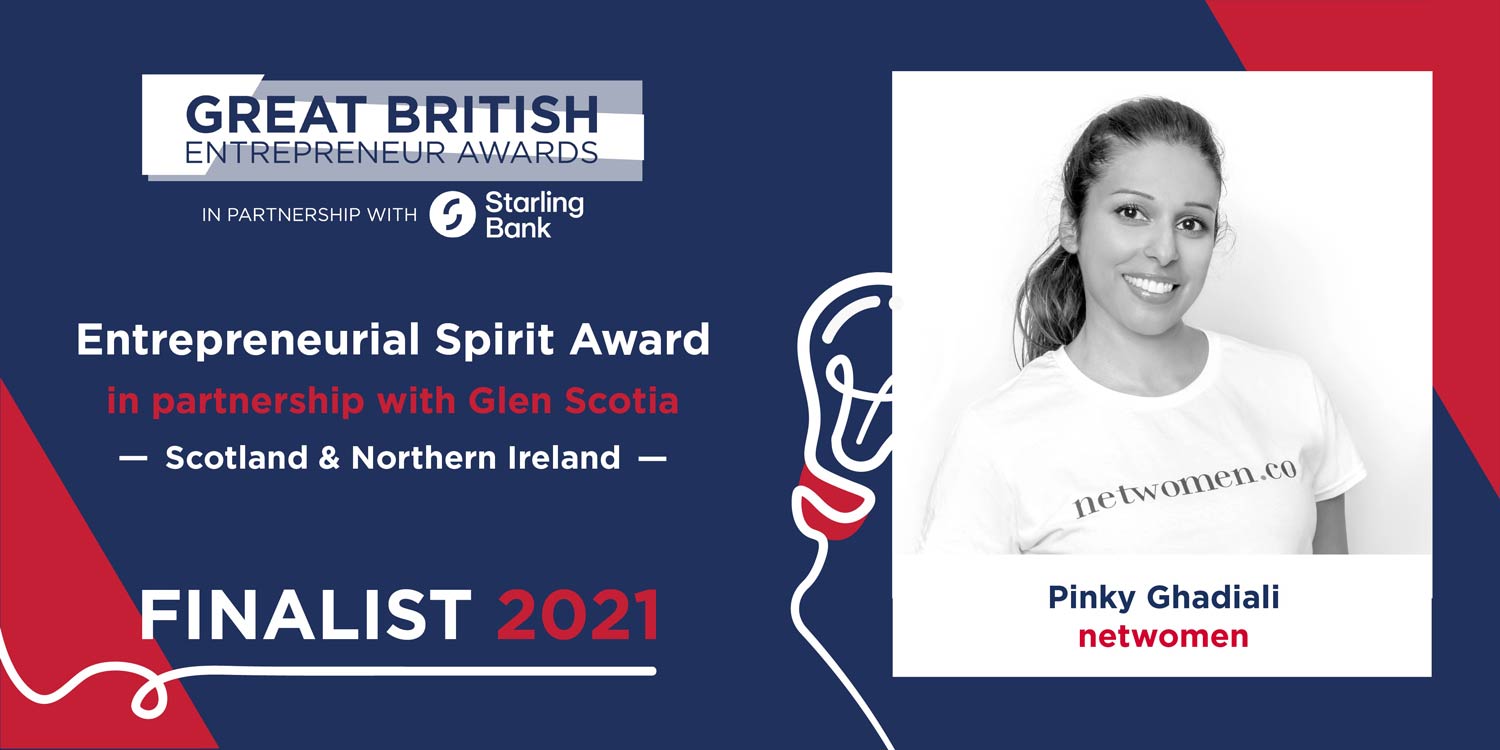Female financial freedom and independent wealth are important goals that can have a positive impact on women’s lives and the larger society. By achieving financial freedom, women can have greater control over their lives and make decisions that are in their best interest. This can include choices related to career, family, education, and personal goals.
Independent wealth can provide women with the means to pursue their passions and take risks that they may not have been able to otherwise. It can also give them the ability to support causes they believe in and make a difference in their communities.
However, achieving financial freedom and independent wealth is not always easy, especially for women who may face systemic barriers and gender-based discrimination. It often requires education, planning, and taking calculated risks. It also requires tackling the gender pay gap and other inequalities that can make it more difficult for women to accumulate wealth.
Overall, promoting female financial freedom and independent wealth is not only important for women’s individual well-being, but also for building a more equitable and prosperous society.
The top 100 wealthy people in the UK come from a variety of industries and sectors. Here are some of the most common industries and sectors represented:
1. Finance and investment: Many of the top 100 wealthiest people in the UK have made their fortunes in finance and investment, including hedge fund managers, private equity investors, and venture capitalists.
2. Retail and fashion: Several of the top 100 wealthiest people in the UK have made their fortunes in the retail and fashion industries, including founders of popular high street chains and luxury fashion brands.
3. Real estate: A number of the top 100 wealthiest people in the UK have made their fortunes in the real estate industry, including property developers and landlords.
4. Technology: As the technology industry continues to grow, more and more of the top 100 wealthiest people in the UK are tech entrepreneurs and investors.
5. Pharmaceuticals and healthcare: Several of the top 100 wealthiest people in the UK have made their fortunes in the pharmaceuticals and healthcare industries, including pharmaceutical company founders and investors in healthcare startups.
6. Food and beverage: A number of the top 100 wealthiest people in the UK have made their fortunes in the food and beverage industry, including founders of popular restaurant chains and beverage companies.
According to the Sunday Times Rich List 2021, there are only 7 women among the top 100 wealthiest people in the UK. These women are:
1. Kirsten Rausing – worth £12.1 billion
2. Charlene de Carvalho-Heineken – worth £10.3 billion
3. Denise Coates – worth £9.8 billion
4. Marit Rausing – worth £9.6 billion
5. Carrie Perrodo – worth £6.4 billion
6. Natalie Massenet – worth £600 million
7. Baroness Howard de Walden – worth £574 million
This means that only 7% of the top 100 wealthiest people in the UK are women. The gender wealth gap is a significant issue, with women being underrepresented among the wealthiest people in the world.
The Wealthy 1000 Global is a list compiled by Forbes magazine of the wealthiest people in the world. Here are some of the most common industries and sectors represented among the Wealthy 1000, as well as information about the number of women on the list:
1. Finance and investment: Many of the Wealthy 1000 have made their fortunes in finance and investment, including hedge fund managers, private equity investors, and venture capitalists.
2. Technology: As the technology industry continues to grow, more and more of the Wealthy 1000 are tech entrepreneurs and investors.
3. Real estate: A number of the Wealthy 1000 have made their fortunes in the real estate industry, including property developers and landlords.
4. Manufacturing: Several of the Wealthy 1000 have made their fortunes in the manufacturing industry, including founders of major automotive and electronics companies.
5. Retail and fashion: A few of the Wealthy 1000 have made their fortunes in the retail and fashion industries, including founders of popular high street chains and luxury fashion brands.
As for the number of women on the list, the Wealthy 1000 is overwhelmingly male-dominated. In 2020, only 10% of the Wealthy 1000 were women, and the highest-ranking woman on the list was Francoise Bettencourt Meyers, the heiress to the L’Oreal fortune, who ranked #12 on the list.
While there are certainly successful women in all of the industries represented on the Wealthy 1000, there are still significant barriers to women achieving the same level of wealth and success as men.
Netwomen is raising awareness, taking action and supporting companies and individuals to recognise this inequality and to build an inclusive future where all of us have equity of opportunity!
Netwomen Division Director U.K. Michelle Almeida



